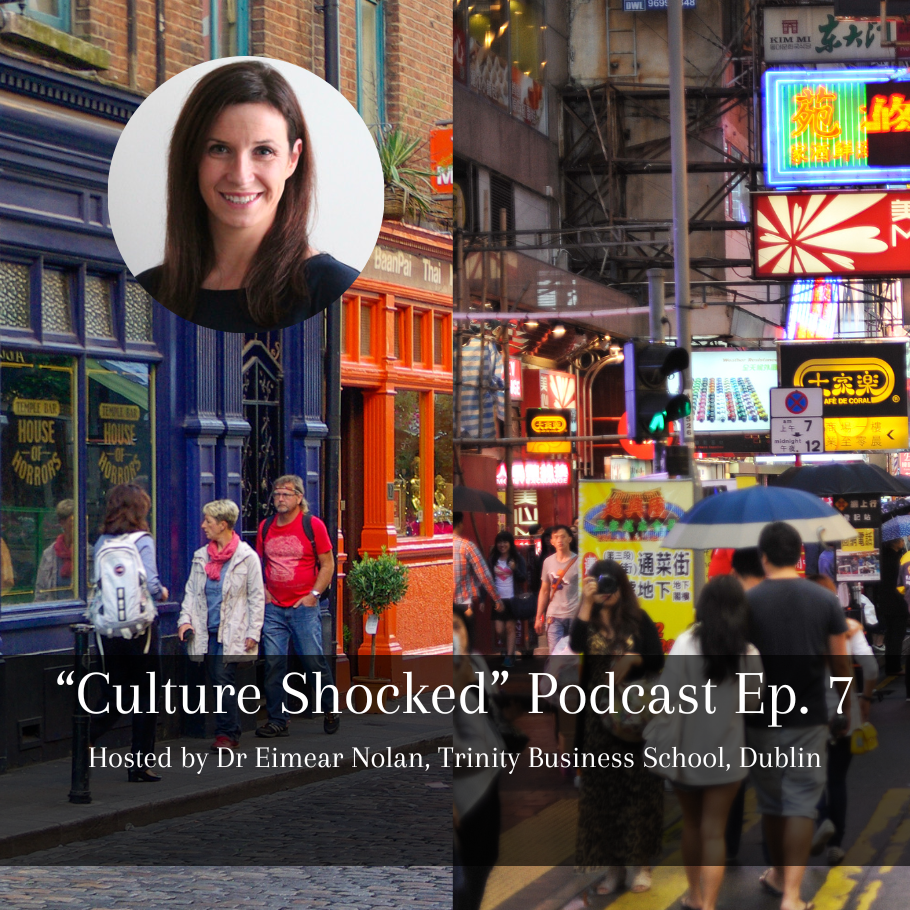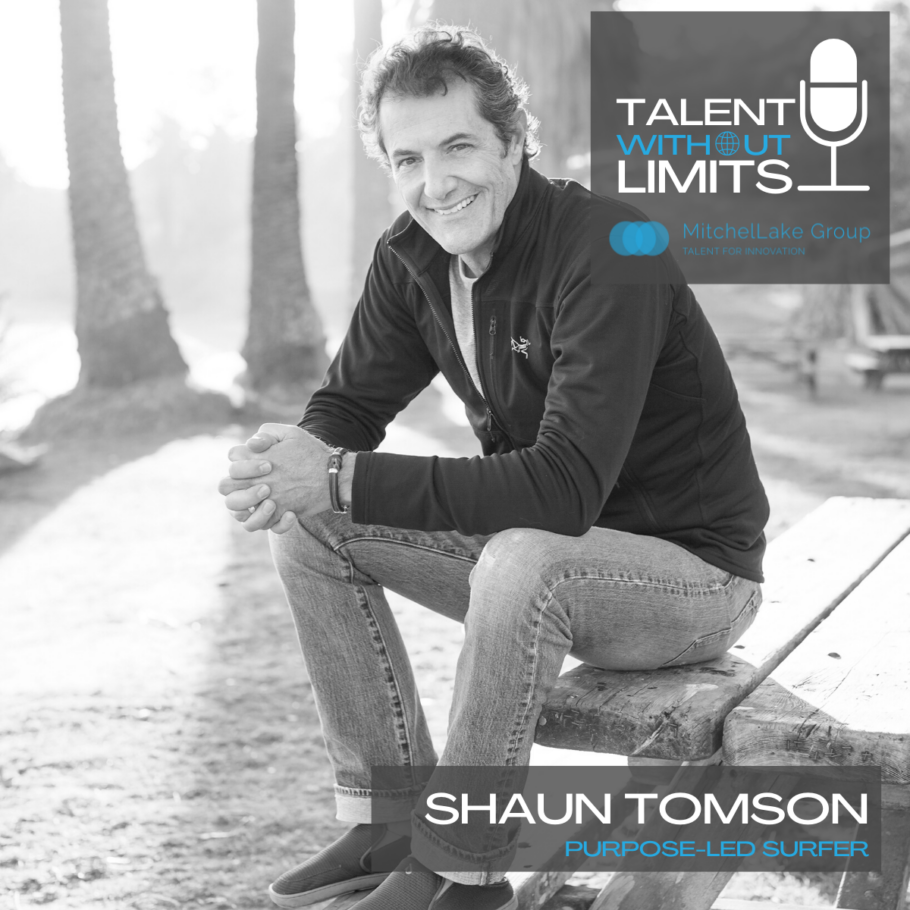How To Honor Candidates By Delivering A Positive Experience Posted at 0:00, Thu, 17 May 2018 in Industry Insights
I had the pleasure to sit down recently with Greg Russell, Head of Talent at Snapdocs. Greg will be leading the discussion on an upcoming workshop on how to build a world-class candidate experience, and graciously took the time to give us a little bit of insight on what to expect at the event and share some of his top tips that he’s learned in his tenure.
—
Jess Baker [JB]: The man, the myth, the legend… Greg Russell! Welcome! Thank you so much for joining me today for the first interview for our Meetup community: Learn, Connect, Grow. For those who don’t know you already, please, introduce yourself!
Greg Russell [GR]: Thanks, Jess! Happy to be here talking to you and very excited for our first event in June. To introduce myself… let’s see… I’ve been in recruitment since the dot-com boom in the late 90’s. From there, I learned my chops in the agency world and moved fairly quickly into onsite recruiting. I spent 3-years at Korn Ferry/FutureStep doing a large RPO engagement for Telecom New Zealand and then co-founded The MitchelLake Group here in San Francisco in 2008. After spending an amazing 10-years building and running MLG, I am now the Head of Talent at a startup called Snapdocs, where we’re automating and digitizing the mortgage closing process.
JB: Today we’re here to speak to ‘candidate experience.’ It’s one of the hottest topics right now in recruitment marketing. For those who might not be familiar with the phrase, can you explain what candidate experience is?
GR: Candidate experience is pretty much as it sounds – it’s the overall experience a candidate has with your company while they are a candidate. From the moment a candidate engages with your company, arguably even before that, to the moment you either reject or welcome that candidate to their first day of work – that is all candidate experience.
JB: It’s known that we’re in a ‘candidate market’ right now. Can you tell us what that means for businesses seeking talent?
GR: Indeed. ‘Candidate market’, ‘war for talent’, ‘goat rodeo’ – there are many labels, but they all come down to supply and demand. Here in Silicon Valley, there is a huge demand for people to work at technology companies from the tiniest startup to Google and Facebook and supply is super tight!
This is not just for software engineers or just for technical roles. This is across the board. For instance, I can tell you that it’s just as tough to hire a good recruiter today as it is to hire an engineer, and so you’ve got this incredibly competitive landscape where any role from an executive assistant to a software architect is super challenging to fill.
In order to not just compete, but actually win some of that talent, companies need to have a fast and efficient process, and they also need to make the candidate feel valued. Candidates have a lot of choices, so, you need to show them why they would want to work at your company, and that starts with their experience as a candidate.
JB: What are the top three complaints that you hear from candidates about the negative experiences they have been through?
GR: Number one has to be lack of closure. Unbelievably, a vast majority of companies don’t even take the time to reject candidates; and I’m not talking about just at the application stage. I’ve heard of so many who just ghost the candidate after they’ve had a phone screen or even an onsite! Crazy.
Another I hear a lot is a general lack of, slow, or incomplete communication throughout the process. The recruiter can go silent for 2-weeks and then pops back up wanting to continue the conversation. Then, there’s the poor interview experience – candidates left sitting in a room for 15-minutes between interviewers, being asked the same set of questions four times in one afternoon, etcetera.
JB: Why is it mission critical for businesses to deliver a positive candidate experience? What’s at stake for businesses that do not deliver?
GR: There’s been a gradual awakening to the idea that the people you attract and hire are the key to your success, especially in a startup where one right or wrong person can have such an outsized impact – because the whole team may only be 15, 30, or 50 people. If you subscribe to this idea, and I certainly do, then it is absolutely critical to give yourself the best chance of hiring the best people – or perhaps more accurately the right people for your company.
A huge part of setting yourself up to hire the right people in a candidate-driven market is getting the candidate to want to work with and for your company. One of the best ways to do that is to make sure they have an amazing experience while interviewing for the job.
JB: Do you feel that candidate experience is mostly on the recruiters and hiring managers to implement or are their certain stakeholders that should also be closely involved?
GR: There needs to be an overall owner of the candidate experience. The buck needs to stop somewhere. It makes sense for that owner to be the recruiter or perhaps a recruitment ops [operations] person in a larger talent team. Certainly, the ‘boots on the ground’ giving that great experience on a daily basis are the recruiter and hiring manager. But, many people can, and should, be involved in ensuring a great candidate experience. Everyone who the candidate sees while they’re onsite can either add to or detract from that experience, actually.
JB: What steps can be taken by businesses to improve their candidate experience?
GR: The lowest hanging fruit for most companies is follow up, and specifically, rejections. I think many companies punt on rejections since the candidate is likely never going to work there, right? But that’s such the wrong attitude. The Valley is actually a pretty small ecosystem. Rejected candidates are potential partners, vendors, customers, competitors, and can again be candidates at a later date.
Another important thing to do is to make sure you are prepared and organized for onsite interviews. This will signal to the candidate that you have your act together and gives them some confidence that you know what you’re doing.
JB: How do we measure if these improvements are benefiting candidates? Are there any clear metrics or KPIs [key performance indicators]?
GR: I think the single best thing you can do if you’re looking to track or measure the benefit of any candidate experience initiatives is to survey the candidates. Ideally, you’d survey past or current candidates to establish some sort of baseline, and then continue to survey as you implement improvements and see what those survey results tell you. You could even create an NPS [net promoter score] for candidates. If you want to try to see the results of your efforts in your recruitment metrics, I’d be looking at things like the percentage of candidates who withdraw from your process as well as your offer acceptance rate.
JB: Last, but not least, what do you wish you had known about implementing a positive candidate experience when you first got started in recruitment?
GR: Before I got into recruiting I was a bartender, so, I think I came at it with a customer service mindset from the beginning, but I don’t think I was connecting all the dots at first. In other words, I knew I wanted all my interactions with the candidate to be great as a recruiter so I could build a strong relationship, but I wasn’t really thinking about the whole process or ALL the interactions the candidate was having. So, I think early on I wasn’t ensuring a holistically great experience. I think back to a few hiring managers I had in the early days that had a backwards view of the process. Such as “the candidate is lucky if we hire them” – I know that came through in their interviews. Had I known then what I know now, I’d have taken more aggressive steps to correct some of that.
JB: Thank you so much for joining us today, Greg! Before we wrap up, can you tell us more about Snapdocs and how you are helping improve the candidate experience there?
GR: Very exciting times for us at Snapdocs! We closed our Series-A round through Sequoia Capital late last year, and we’re now looking to grow from 45 to roughly 100 this year. Lots of hiring to do! I’m still looking for one more great recruiter and a recruiting coordinator or talent-ops type person to join the team – shameless plug!
The talent function here is a blank slate, so, it’s very exciting that we get to build the candidate experience from the ground up. We’ve got the basics in place – like every candidate gets rejected, active candidates never go more than three days without an update, and the prep for candidates and interview panels is fairly robust.
We’re now working on the next level – making sure everyone in the company knows who’s coming onsite for an interview so anyone can greet and help the candidate, improving the way we all talk about and sell the company, implementing candidate surveys, etcetera.



